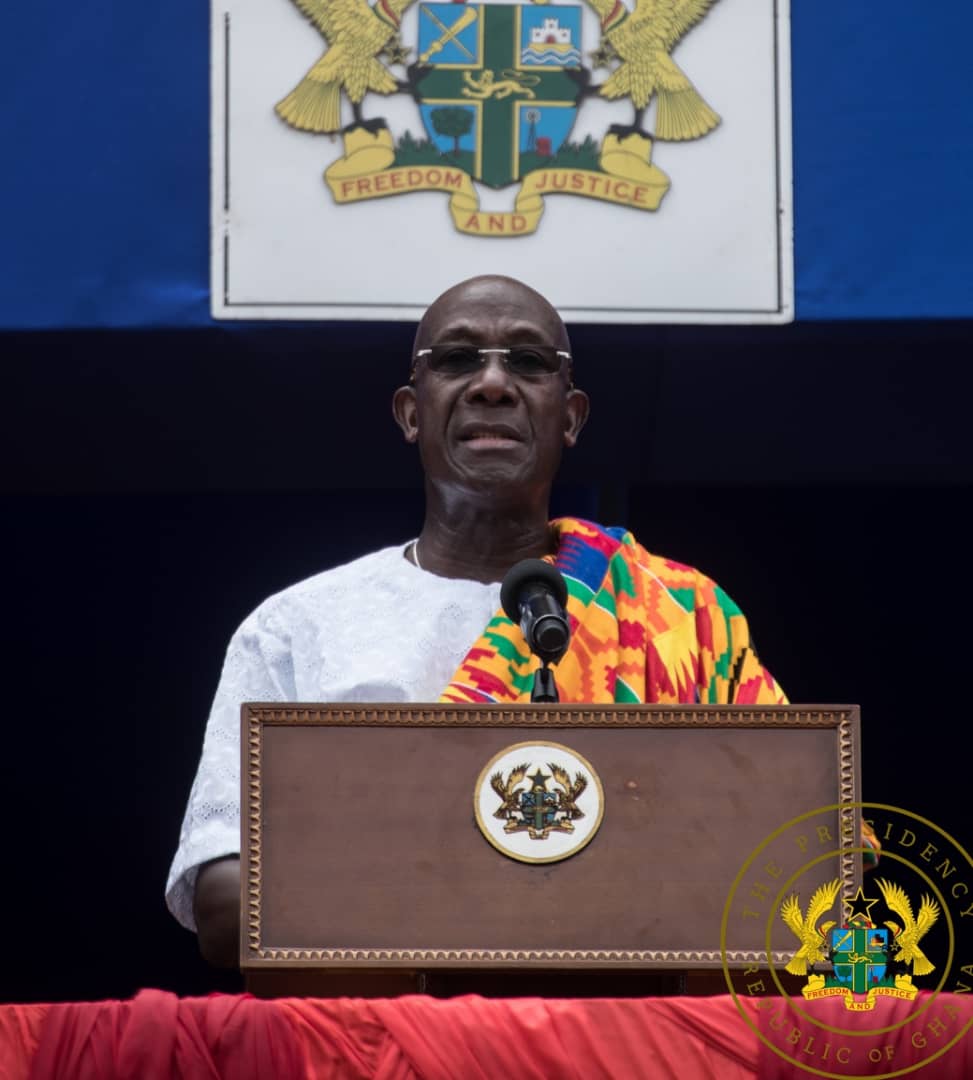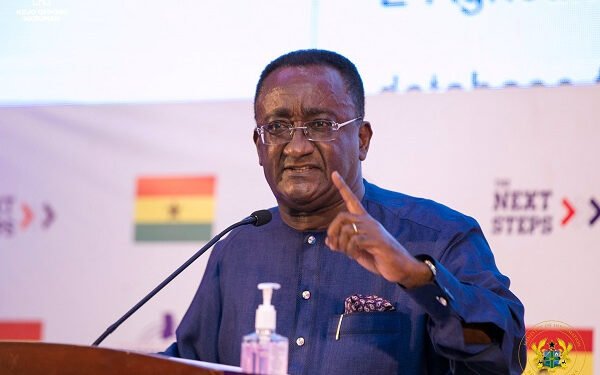The Prime Minister of Trinidad and Tobago, Hon. Dr. Keith Christopher Rowley, MP, has hailed the impact of access to free secondary education on his life.
Responding to a toast on Friday, 6th March, 2020, at the Manyhia Palace, after the Asantehene, Otumfuo Osei Tutu II, held a dinner in his honour, Prime Minister Rowley revealed that he came from a family of 6 boys, he being the last of the boys.
“Five boys never went to High School. My sister and I went to High school because, Dr. Eric Williams (1st Prime Minister of Trinidad and Tobago), a name that you are familiar with, did what your President (Akufo-Addo) has just done, in 1962,” he said.
The Trinidadian Prime Minister continued, “He (Dr. Williams) brought Free Secondary Education to us, and that singular opportunity produced from this family, a Prime Minister, the first person in the family to go to High School, and my sister, the second person (to go to High School), she became an administrator in public service.”
He, therefore, congratulated Ghana “for joining us in Trinidad and Tobago in contributing to this vision of what we can be, once the opportunities are there”.
Free SHS
According to data from the Ghana Statistical Service, 60 years after independence, only 15 percent of all Ghanaians aged 15 or older had reached secondary education or higher.
The statistics further indicated that 19.5 percent of Ghanaians had never attended school. These statistics proved to be barrier to achieving sustainable and inclusive development.
By implementing the Free SHS policy, access to a minimum of senior high school education for all school going children has been improved in all parts of the country. Enrolment at the secondary level increased significantly by 43 percent between 2016 and 2018.
At the end of the 2018/19 academic year, total beneficiaries for the first two cohorts was 794,899 students, with 1.2 million children currently benefitting from the policy. This is the highest ever number of students concurrently enrolled in the public secondary education system in Ghana.
To accommodate the increased enrolment, and ensure that no child is left behind, Government temporarily introduced the double track system.
In anticipation of increased enrolment, and the need to phase out the double track system, Government commenced the construction of 962 structures in secondary schools across the country, comprising classroom blocks, dormitories and sanitary facilities.










































